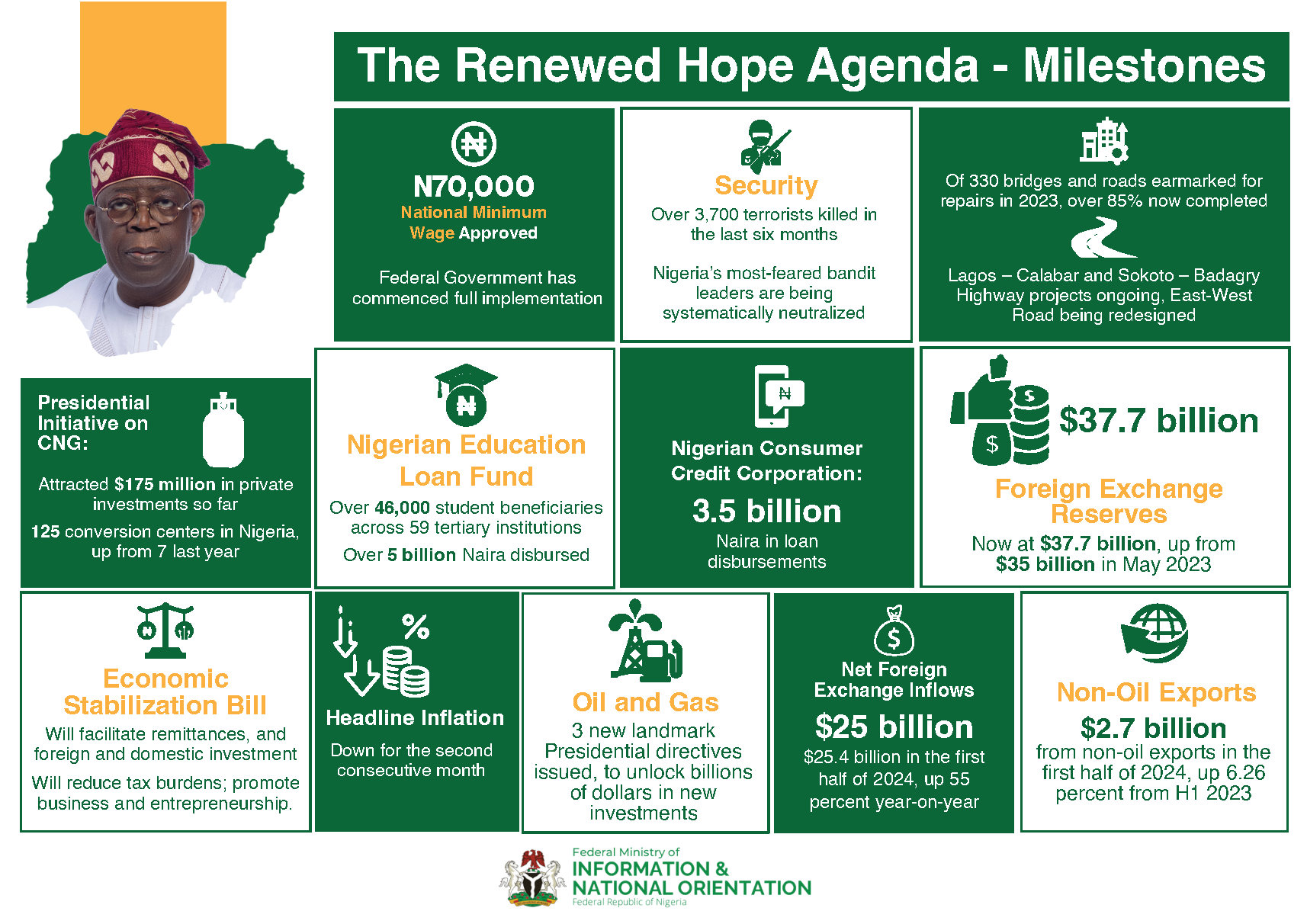Ibadan, Oct. 18, 2024 (TheGavel) – As Nigeria continues to grapple with food security challenges, a dietician from the University College Hospital (UCH), Ibadan, Mr. Tunde Ajobo, has stressed the urgent need to bridge the gap between food availability and nutritional adequacy. In an exclusive interview with the News Agency of Nigeria (NAN) on Friday, Ajobo highlighted the importance of ensuring healthy meals for all Nigerians and fostering a future where no one is left behind.
The discussion took place on the sidelines of the 2024 World Food Day (WFD) celebrations, which occurred on Wednesday with the theme: “Right to Food for a Better Life and Better Future: Leave No One Behind.” Ajobo underscored that food security is not just about having food on the table but having access to safe, sufficient, and nutritious food that supports an active and healthy life.
“Food is a Basic Human Right”
“The right to food is not merely the right to have food on the table, but the right to access sufficient, safe, and nutritious food that supports an active and healthy life,” Ajobo explained. He noted that this right is enshrined in the International Covenant on Economic, Social, and Cultural Rights and recognized by over 170 countries worldwide, which emphasizes that food is essential not only for survival but also for upholding human dignity and rights.
Ajobo further remarked, “We must remember that the right to food is inextricably linked to other fundamental human rights such as the right to life, health, and an adequate standard of living. Governments and stakeholders have an obligation to respect, protect, and fulfill this right, ensuring that no one is deprived of access to food due to circumstances beyond their control.”
Key Dimensions of the Right to Food
In his address, Ajobo outlined the three core dimensions of the right to food:
- Availability – Sufficient quantities of food should be available to meet the needs of the population.
- Accessibility – Food must be physically and economically accessible to all citizens, regardless of their location or financial situation.
- Adequacy – The food provided must meet the dietary needs of individuals, ensuring their optimal health and well-being.
Addressing Food Security Through Agricultural Initiatives
Ajobo also discussed the pressing issue of food security in Nigeria, calling on the government to support farmers by protecting agricultural lands and ensuring resources are readily available. He emphasized that providing tractors and hybrid, disease-resistant crops at little or no cost would significantly boost local food production.
“This can be achieved by making tractors available in every local government area and supplying farmers with high-yielding, resistant crops,” Ajobo suggested. “The Ministry of Agriculture must be actively involved at the local, state, and federal levels, monitoring both farm and animal produce while offering necessary assistance to farmers.”
He also urged the government to promote farming in schools by rewarding institutions that practice good agricultural techniques, thereby encouraging the younger generation to take an interest in agriculture and contribute to food production, even on a small scale such as growing vegetables.
Government Role in Expanding Farm Settlements and Creating Jobs
Ajobo proposed that expanding farm settlements should be a top government priority, as this would create job opportunities for Nigeria’s youth while fostering their involvement in agriculture. He pointed out that an active agricultural sector is key to solving the country’s food security challenges and boosting economic stability.
Global and Local Food Security Concerns
Ajobo cited alarming statistics from the Food and Agriculture Organization (FAO), noting that nearly 690 million people were undernourished globally in 2019. Closer to home, FAO projections indicated that 26.5 million Nigerians could face severe hunger by the second quarter of 2024.
“This crisis has not only deepened hunger worldwide but also made food security an urgent global concern,” Ajobo said. He attributed Nigeria’s rising hunger levels to a range of factors including economic instability, conflicts, and climate-related disruptions, all of which have affected the nation’s food supply chains.
“We must act now to prevent a food security crisis”
Ajobo concluded by stressing the need for urgent action to address Nigeria’s food security issues. “Our focus today must go beyond the mere availability of food; we need to arrest hunger before hunger arrests us,” he warned.(NAN)
Dear readers, we really need your support to keep on serving you with authoritative, truthful, and juicy stories everyday. For your support, please reach out to the editor @gavelinternational66@gmail.com


